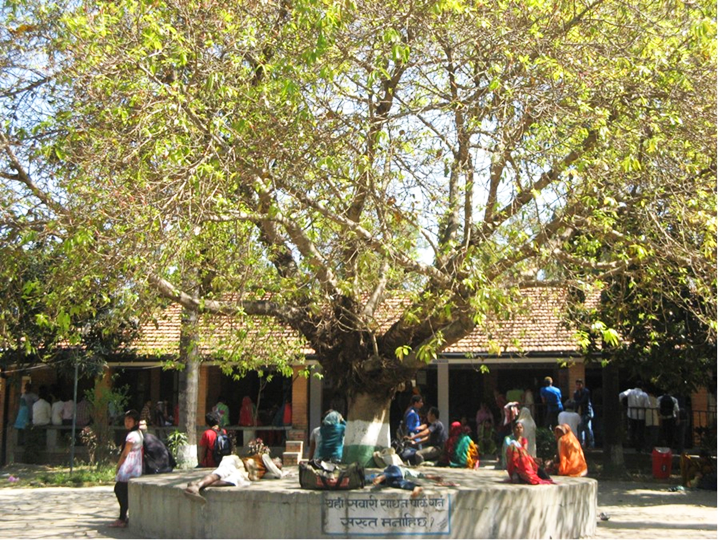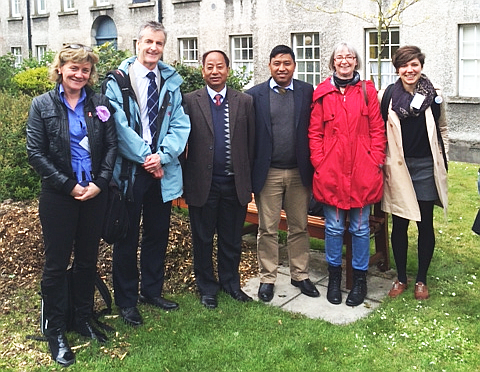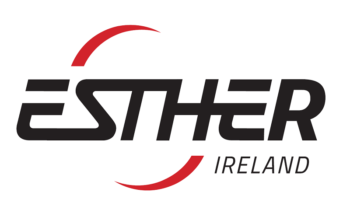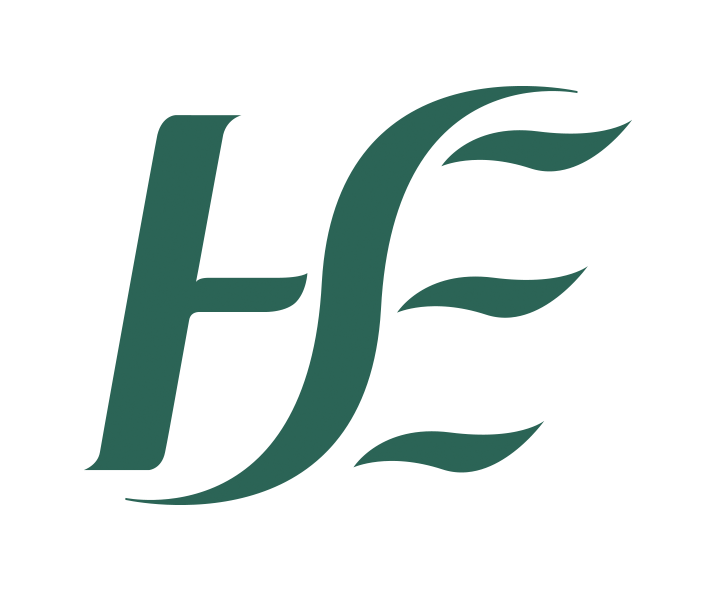Partnership Coordinators:
Dr. Krishna Bahadur Tamang (Medical Coordinator, Lalgadh Leprosy Hospital & Services Centre, Dhanusha, Nepal)
Dambar Bahadur Aley (Ag. Programme Director, Lalgadh Leprosy Hospital & Services Centre, Dhanusha, Nepal)
Dr. Anne Dee (Specialist in Public Health Medicine, Department of Public Health, HSE Mid-West, Mount Kennett House, Limerick, Ireland)

The Outpatients Department at the Lalgadh Leprosy Services Centre (LLSC)
Goals:
- To establish and improve the communication link between the Department of Public Health Mid West (DoPH MidWest) and Lalgadh Leprosy Services Centre (LLSC).
- To facilitate reciprocal visits between partners.
- To enhance LLSC’s capacity for electronic communications via video/teleconference or other possible means.
- Facilitate the exchange of expertise and establish lines of communication for future joint projects.
Background:
Dr. Anne Dee has worked at Lalgadh Leprosy Services Centre (LLSC) in the past (1993-1995) and has maintained personal links with the staff there, many of whom remain the same. Since that time the hospital has developed from being just a hospital, to being a centre involved in every aspect of health improvement, both for their patients and the local populations as a whole. They have a particular emphasis on stigma elimination in relation to leprosy, which is a major problem for leprosy sufferers in Nepal.
LLSC have developed a project to empower leprosy sufferers in the poorest villages to set up small enterprises and to improve the health, education, and economy of the village as a whole. By starting these projects with the leprosy sufferers, when villagers join the projects this eliminates the discrimination against leprosy sufferers, by placing the tools for self-improvement for the whole village in their hands. These projects are known as Village Alive, and one of these projects is currently being part-funded by Irish Aid. Dr. Anne Dee has helped design the project plan for this, and during this process developed a good understanding of the benefit to LLSC of Public Health input. It would also be of great benefit, as it would widen the remit that can be offered to trainees as a Public Health Training centre.
LLSC is situated in the middle of a global ‘hotspot’ of Leprosy with an incident rate > 1 in 10,000 (1.95 in Dhanusa district). The form of leprosy present is highly virulent, and cases in young children are not uncommon. LLSC is responsible for the Leprosy programme of the Nepal government in four districts: Dhanusa, Mahottari, Sarlahi and Sindhuli. The OPD patient visits in the last year were 45,631 general and 6,493 leprosy cases. 1,170 new cases were detected in the last 12 months. This is an average of 200-500 patients per day. IPD has 60 beds: medical, surgical and mother and child health, typically with a 100% bed occupancy rate.
Community services focus on empowering leprosy patients and reducing stigma, this is achieved through the formation of self-help groups and village development programmes (Village Alive). There are 81 self-care groups with 2,167 members. Seven villages have benefited from Village Alive programmes. Some of these initiatives have been supported by Irish Aid. A particular focus is on women and child education, as well as micro-credit schemes.
Training includes self-care training of leprosy patients (252 participants in the last year) and also the education of government health workers (19 staff members) The second of the above projects, the Village Alive project will be the initial focus of the alliance, as it aligns well with the priorities of public health medicine to improve health and reduce inequalities. The determinants of health are the basis of all health improvement, once the economy and education levels of a community are improved health outcomes improve even if no additional health inputs are added. As a department of public health, we subscribe to the preventive aspects of healthcare, both social, as mentioned, and improvements in water and sanitation, and vaccination programmes. These are all addressed in the Village Alive programme, which we hope to support, as we would see these improvements having a major impact on this whole community, and not just on the leprosy sufferers.
Links have been maintained with LLSC for over 20 years, and we now see an opportunity to have a formal link. The staff at LLSC are very keen to develop this. They have in the past availed of other training and linking opportunities with medical and surgical centres internationally, and this would be the first time they have had an opportunity to have a link with a Public Health Department.

The partners with ESTHER Steering Group members during a visit to Dublin, May 2015. From left to right: Nadine Ferris France, David Weakliam, Mr. Dambar Bahadur Aley, Dr. Krishna Bahadur Tamang, Dr. Anne Dee and Bianca van Bavel.

